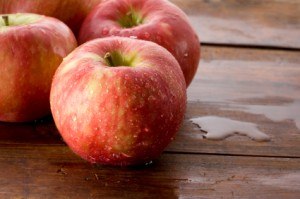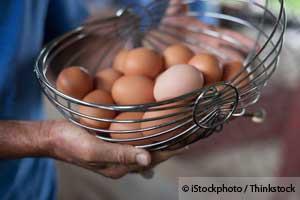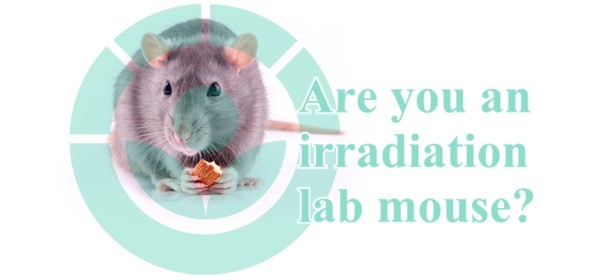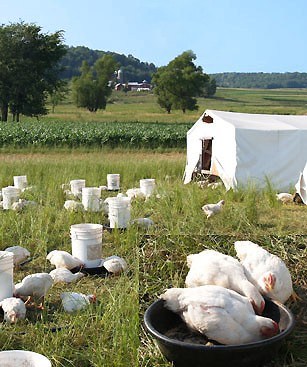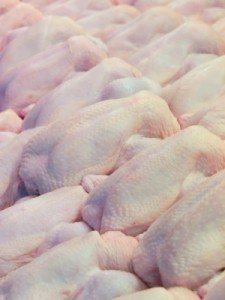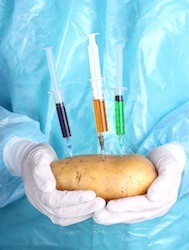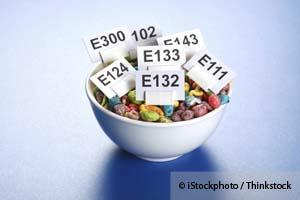Europeans and Canadians Enjoy Antibiotic-Free Organic Apples and Pears, but Not in the U.S.
Americans may never taste an organic apple or pear that hasn’t been sprayed with antibiotics unless the NOSB sticks to its plan to forbid streptomycin on all organic fruits after October 2014. Organic food should not contain synthetic substances, and most of it doesn’t—with the exception of apples and pears. Organic apple and pear trees are sprayed with streptomycin and oxytetracycline to prevent “fire blight,” so named because the tree appears to be burned. In 2011, the National Organic Standards Board (NOSB, the decision-making body behind the federal organic standards), voted to prohibit antibiotics after October 2014. But growers have now petitioned NOSB for more time, so NOSB may delay the sunset date until 2016, unnecessarily exposing both orchards and consumers to streptomycin for at least two additional years.




